Death metal is one of the many offspring of heavy metal to be born during the 1980’s. Pioneering the melodic death metal scene, Liverpool, England’s Carcass was birthed in 1985 and produced a series of genre defining albums that still echoes in the minds of metal fans years later. When the band reunited in 2007 for a series of tour dates the fan reaction was overwhelmingly positive. Seven years later they are still going strong playing live and released Surgical Steel in 2013, their first studio album in eighteen years. Recently we sat down with Lead vocalist/bassist Jeff Walker for an inside look at the world of Carcass, their newest album, reuniting, and much more.
CrypticRock.com – Carcass began back in 1985 and are known as one of the pioneers to the grindcore genre, which later developed into one of the leading melodic death metal bands. Looking back on the decade long period in which Carcass was first together, how would you describe the times and experiences?
Jeff Walker – It is something that happened. You mentioned us as grindcore in the world of heavy metal, we never considered ourselves any of those things. We have always seen the band sounding more like it did and never lost track of what it was when it started. We have always been a death metal band. The whole idea of us being grindcore is because the earlier recordings were rough around the edges to say the least, and we were not as musically proficient as we were later. We started to introduce more classic heavy metal and rock elements into the sound. It was fun times and things just had happened.
- Earache Records
- Earache Records
CrypticRock.com – As the band went on, each album progressed in style and sound. The band has put together six studio albums, all of which have their own unique qualities. One such album which really strikes people is Heartwork (1993); and to many it is simply one of the best albums ever, not just metal, but ever. It is hard to believe the album was released over twenty years ago. What do you think made that album as special as it is?
Jeff Walker – I do not subscribe to that, to me it does not sound that special. In my experience that assigns the same feelings or statements to some of the other albums. Some people would say our best album is Necroticism (1991), and then we know a lot of people which are devotees to Symphonies of Sickness (1989), and then there were a lot of people think we went downhill after Reek of Putrefaction (1988). That is what I think is pretty cool about the catalog, it is very polarizing and draws very partisan reactions. This mystique that people perceived Swansong as a much maligned album, that is simply not the case, we know a lot of people that love that album as well. Heartwork is no different, it is a bit like having a lot of children; you love each and every one of them even though they might all be different. I have not heard that Surgical Steel (2013) is a better album that Heartwork, but I don not think it has the same cultural impact because Heartwork came out in 1993. No one had really heard a guitar sound like what we had on that record. That spawned two decades of bands trying to chase that holy grail of guitar sound, even in some cases going to the same studio. I do not have the same feelings about Heartwork that other people have.
- Earache Records
- Earache Records
CrypticRock.com – That is very interesting, and each album has its own enduring qualities. Now, I understand the band’s demise initially was due to record label issues back in 1995 when Swansong was suppose to be released. The record was not released in fact until a year later. How frustrating was it for you and the band at the time, wanting to get this material out there but having these issues?
Jeff Walker – I do not really remember it being frustrating to me, it was more a concern that Columbia Records would shelf the album and never release it. Major labels have a habit of doing that; if they were not happy with a product they would just sit on it, and that would kill the band off. That was the only fear I had. I could foresee them not releasing the album and we would not be able to do anything. I have friends from Liverpool who were in a band and the same thing happened, it was the end of their career. The elements of exasperation were we knew the band was kind of coming to an end anyway, so we just wanted out as a final statement at the end of the day.
CrypticRock.com – In the wake of Carcass disbanding, at that time you formed a new band called Blackstar with Ken, Carlo, and Mark Griffiths. The band had a slightly different sound than anything you had done before. Was that a refreshing change for you at the time in light of all the turmoil Carcass had faced?
Jeff Walker – I think it was just the death throes of a dying corpse. It was a fun album and fun recording it; it does sound great, but it was never any idea that it would be a continuation of some supposed career. It was just a musical project I wanted to see through. I really liked the album at the time. I still think it sounds good, but it definitely had its limitations. It was serious, but it was not serious as to re-kick start a career.
- Earache Records
- Metal Blade Records
CrypticRock.com – It is a good record and a nice piece of your musical history.
Jeff Walker – You need real ambitions; I am not really an ambitious person, I am a realist and don’t dream of things I can never accomplish. Any real ambitions I might have had, I achieved with Carcass anyway, so where do you go when you kicked all the boxes. Blackstar was a fun project I wanted to do with Ken and my longtime friend Mark from Cathedral, so we did it. That should be what music is about.
CrypticRock.com – Of course music should be about what your vision is at the time. When Carcass reunited in 2007, what ignited that fire to get the band going again after over a decade apart, and how did it feel to play as Carcass again?
Jeff Walker – Mike Amott, he approached me and Bill wanting to do something with Carcass. The reason for that, Mike got really big with Arch Enemy as a guitarist in Japan. He was always getting hassled a lot about Heartwork, because the album was really successful in Japan. You would have to ask him what his real motivations were, but he wanted to do something with Carcass again. It had got to a point in 2007 that he convinced Bill, who basically was the stubborn person who was refusing to do it; he got Bill excited again. He stuck a guitar in his hand, jamming all the riffs, and it all came flooding back to Bill. Bill had not played heavy thrash or death metal for one and a half decades. It was still in his blood, he found it easy to go back and play the stuff. You can thank Mike for it.
CrypticRock.com – Well it worked as fans are really excited about it all. Since then Carcass has been touring around the world to the excitement of long time and new fans. How does it feel to introduce a new generation of metal fans to Carcass?
Jeff Walker – I have not really noticed to be honest. It is not something I have been preoccupied with or about. To be honest, when I look in the audience, if they are younger than me I do not notice it because maybe it is a sign of how immature I am or I have this Peter Pan complex. I do not have a patronizing idea of the audience in the way I approach or look at them. I treat them as if they were my peers, or even my age group. We write music aimed at ourselves. If people are young and can get their head around it, then good for them. We are not pandering, playing, or aiming toward a young audience. So maybe we are meeting them halfway in the middle. Maybe they are mature, we are immature, and we meet them in the middle. All I can say is when Carcass came back, we would bring back all the old crones from the woodwork. I did not envision that we would be capable of attracting a new generation, and it is cool. It is not the reason why we did it. It is just a cool side effect.
CrypticRock.com – It is great that it happened naturally that way. The band released their first studio album Surgical Steel last year. That is the band’s first studio album in seventeen years. Tell me what was the writing and recording process like for the album after such a long time away from composing Carcass tunes?
Jeff Walker – It was business as usual, that is all I can say really. Obviously, the major change was Ken was not with us, but Daniel Wilding filled that void quite well. We do not have a specific way of working. There is no real pattern of the writing in a way. Some songs may be written by one person start to finish, and some songs might take a bit of crafting. It was really just like the old days, done in the rehearsal room. It was not done behind a keyboard like a lot of bands do, it was done like a band should do in a rehearsal room live.
CrypticRock.com – Right, and many bands have gotten away from that now a day. Everything is done separate, it is nice that you can do everything together in an organic process. What do you think of that?
Jeff Walker – Yes, I mean, I am not saying our album was recorded live, it was not. I think the producer Colin Richardson put it quite eloquently, the art to making a good album is all smoke and mirrors. What you want to be put in the craft is the sound of a group of musicians in the studio performing a song well. Some bands are not capable of doing that because they are relying on not so much technology but on computers and click tracks to make everything perfect. We definitely wanted to try and get more of an 80’s attitude and sound. I think it failed, the failure is not necessarily a bad thing because the album sounds modern. We were very conscious that we did not want it to sound too regimented. We wanted it to sound good, but we did not want it to sound like it was programmed on a computer. Some bands literally do write their stuff on a computer, then go in a studio and play it. There is software for writing guitar parts, you do not even use a guitar. Some guitarists, the first time they play the stuff is when they go in the studio. Hopefully we made an album that sounds like a band performed it.
- Nuclear Blast
CrypticRock.com – The album does sound modern but it does sound real. I would like to know what are some of your musical influences?
Jeff Walker – Hard to condense really. We have always brought in other stuff as well. Me personally, I grew up listening to classic rock, then more interest in Sex Pistols and hardcore punk, then I got back into metal again. Then I had a lot of time for other music like Hüsker Dü, they were a favorite band of mine in the 80’s. Bands like Sisters of Mercy, the first thing I ever bought was by E.L.O., I still listen to Electric Light Orchestra stuff. I like some folk stuff too. What my influences are for Carcass, it is almost like this self-fulfilling prophecy. It influences itself in a way, we know the parameters that we have to work. We tune a specific way, we have the certain dynamics of the blast beats. We are lucky, I think Carcass has its own sound. With Carcass, I get within a certain mindset of working. It is really hard to pin down what has influenced that musically. It was so long ago since the band germinated.
CrypticRock.com – It is good to have a dynamic musical taste.
Jeff Walker – Yes, we never have been one to sit on a tour bus just listening to death metal. If you are doing that you are never going to introduce anything new to what you are doing. That does not mean we are fans of let us go buy a sequencer and introduce that into the band. We are a bit more subtle in the way we incorporate supposed influences.
- Jet
- Virgin
CrypticRock.com – That makes sense. My last question for you is regarding films. Crypticrock.com is a rock/metal and horror news site so we like to focus on all genres. Are you a fan of horror films, and if so what are some of your favorite horror films?
Jeff Walker – My favorite horror films are actually really old ones. One of my favorite films ever is an English film from 1945 called Dead of Night; you would probably only see it in America on PBS at 2 AM or something. Another favorite of mine is Curse of the Demon (1957). A lot of these movies made in England in the 1970’s were based on the comics of The Vault of Horror and Tales from the Crypt. They were a lot of little stories all connected, the best idea analogy I can name would be Creepshow (1982). That is what Dead of Night is, it is all these little stories stuck together by one main theme. I love those kind of films, so one of those favorite films is called The Vault of Horror (1973). Basically, I like old films; modern horror films just do not interest me in the slightest. Especially all the remakes that are just crap.
Catch Carcass on their the following tour dates worldwide:
May 06 SHIBUYA CLUB QUATRO Tokyo, Japan
May 07 SHIBUYA CLUB QUATRO Tokyo, Japan
May 22 House of Blues Chihuahua, Mexico
May 23 CAFE IGUANAS Monterrey, Mexico
May 24 Snake (Metal Hall) Lomas Verdes, Mexico
May 31 Fortarock Nijmegen, Netherlands
Jun 07 Rock Hard Festival Gelsenkirchen, Germany w/ Blues Pills
Jun 12 Capitol Perth, Australia
Jun 13 The Hi Fi Brisbane, Australia
Jun 14 Metro Theatre Sydney Nsw, Australia
Jun 15 170 Russell Melbourne, Australia
Jun 21 Hellfest Clisson, France
Jun 27 Tuska Helsinki, Finland
Jun 28 Graspop Metal Meeting Dessel, Belgium w/ Battlecross
Jul 04 Knebworth Park Stevenage, United Kingdom
Jul 06 Roskilde Festival Roskilde, Denmark w/ The Black Dahlia Murder
Jul 18 Slottsfjell Festival Tonsberg, Norway
Aug 01 Wacken Open Air Wacken, Germany Tickets
Aug 02 Resurrection Fest Viveiro, Spain
Aug 09 Bloodstock Open Air Hatton Park, United Kingdom
Aug 14 Summer Breeze Dinkelsbuhl, Germany
Sep 19 Limelight Belfast, United Kingdom
Sep 20 The Academy Dublin, Ireland
Keep up to date with Carcass on facebook, & twitter.
Read the detailed review of Surgical Steel here.
Read the review and see images from Carcass’ 2014 North American Tour from 3-25 in Santa Ana , CA here & 4-11 NYC here.

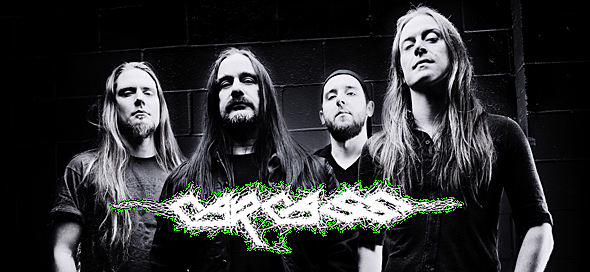

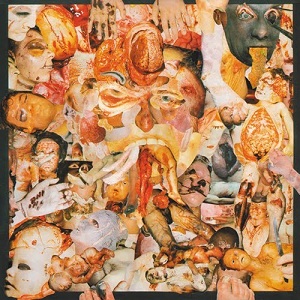
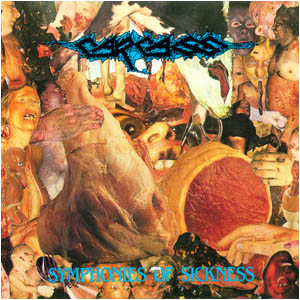
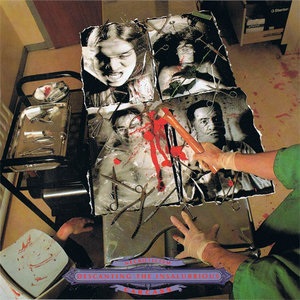
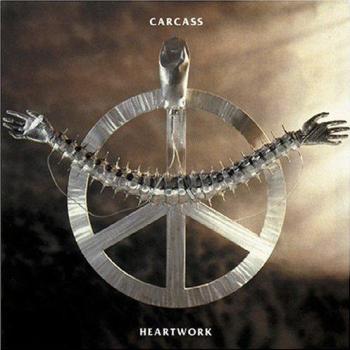
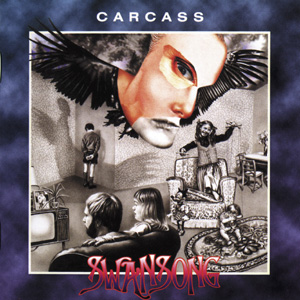
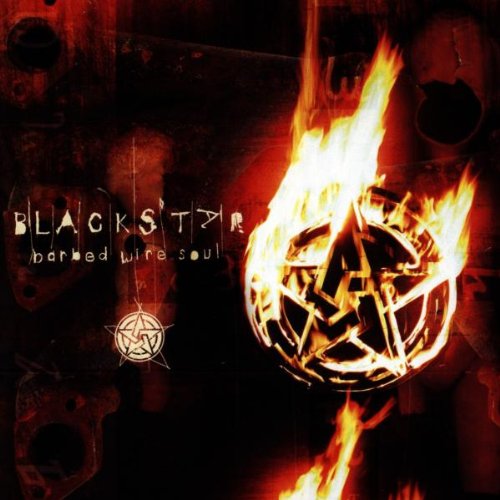
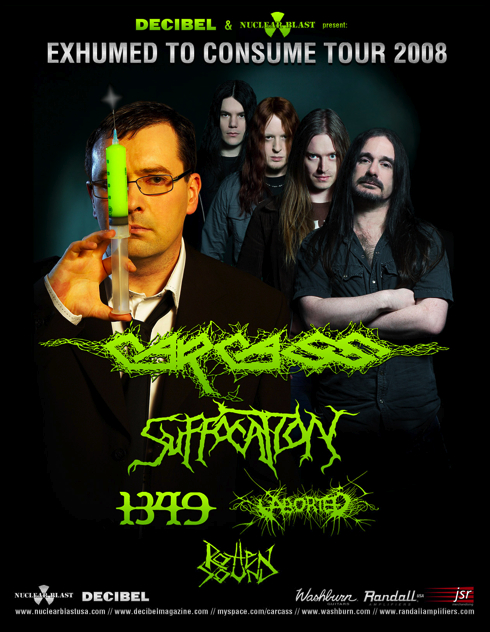
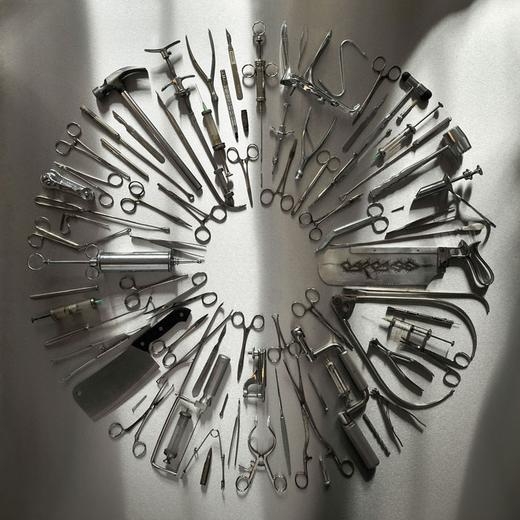
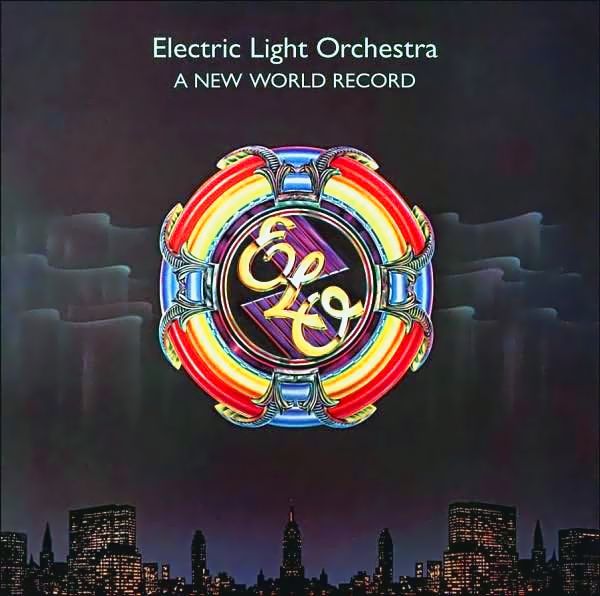
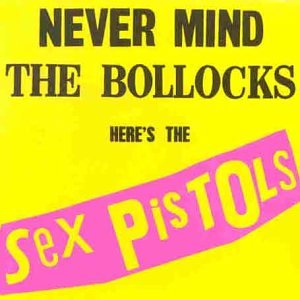




No comment